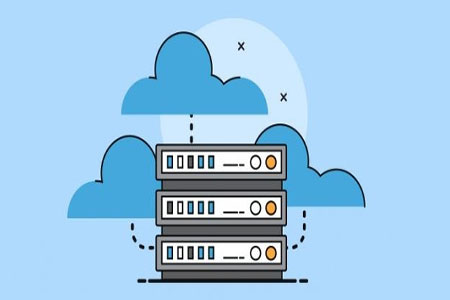Cloud Server and Virtual Private Server (VPS) are two types of hosting services that are similar in many ways, but have some key differences:
1. Infrastructure and resource allocation:
Cloud server: Cloud server runs on a cloud computing platform and usually consists of multiple physical servers forming a cluster. They can dynamically adjust resources such as compute, storage, and networking to suit actual needs.
VPS: Virtual Private Server is implemented by virtualizing multiple independent virtual servers on one physical server. Each VPS has its own resource allocation and operating system instance.
2. Elasticity and scalability:
Cloud server: Cloud server is elastic and scalable and can automatically adjust resources according to demand. Users only pay for what they need and can quickly scale up or down resources.
VPS: While VPS can also provide some flexibility, resources typically require manual adjustments and may require a reboot to apply changes.
3. Billing mode:
Cloud server: Cloud server usually adopts the on-demand billing model. Users pay according to the resources actually used, which has greater flexibility.
VPS: VPS usually has a more fixed price structure. Users need to pay according to the selected package or plan, and it is not easy to adjust the fee based on actual usage.

4. Performance and stability:
Cloud server: Cloud server usually has better performance and stability because it is based on cloud computing platform. In the event of hardware failure or network problems, the cloud platform can automatically migrate virtual machines to ensure service availability.
VPS: While VPS also offers good performance, it may take longer to recover in the event of a hardware failure.
5. Management and control:
Cloud server: Cloud server usually provides more advanced management and monitoring tools, allowing users to control and monitor their virtual machines more flexibly.
VPS: The management tools provided by VPS are usually relatively simple and users have limited control.
6. Multi-region and high availability:
Cloud server: Cloud service providers usually provide multiple data centers around the world, which can easily achieve multi-regional deployment and high-availability architecture.
VPS: VPS is usually limited by the location of the physical server, and it may be difficult to achieve multi-region and high availability.
Generally speaking, cloud servers and virtual private servers are both forms of providing virtualization services, but cloud servers are more flexible, scalable, and provide more advanced management tools. The choice depends on the user's needs, budget and desired level of service.

 EN
EN
 CN
CN








